Fixed vs. Adjustable-Rate Mortgages: Which Is Better for Buying a Home?
Not sure whether to go with a fixed-rate or ARM for your next home? We break down the key differences to help you decide.

Profit and prosper with the best of Kiplinger's advice on investing, taxes, retirement, personal finance and much more. Delivered daily. Enter your email in the box and click Sign Me Up.
You are now subscribed
Your newsletter sign-up was successful
Want to add more newsletters?

Delivered daily
Kiplinger Today
Profit and prosper with the best of Kiplinger's advice on investing, taxes, retirement, personal finance and much more delivered daily. Smart money moves start here.

Sent five days a week
Kiplinger A Step Ahead
Get practical help to make better financial decisions in your everyday life, from spending to savings on top deals.

Delivered daily
Kiplinger Closing Bell
Get today's biggest financial and investing headlines delivered to your inbox every day the U.S. stock market is open.

Sent twice a week
Kiplinger Adviser Intel
Financial pros across the country share best practices and fresh tactics to preserve and grow your wealth.

Delivered weekly
Kiplinger Tax Tips
Trim your federal and state tax bills with practical tax-planning and tax-cutting strategies.

Sent twice a week
Kiplinger Retirement Tips
Your twice-a-week guide to planning and enjoying a financially secure and richly rewarding retirement

Sent bimonthly.
Kiplinger Adviser Angle
Insights for advisers, wealth managers and other financial professionals.

Sent twice a week
Kiplinger Investing Weekly
Your twice-a-week roundup of promising stocks, funds, companies and industries you should consider, ones you should avoid, and why.

Sent weekly for six weeks
Kiplinger Invest for Retirement
Your step-by-step six-part series on how to invest for retirement, from devising a successful strategy to exactly which investments to choose.
If you're in the market for a new home, one of the most important decisions you'll make — beyond choosing the right location — is selecting the type of mortgage loan that best fits your financial situation.
The kind of home loan you choose can significantly impact your monthly payments, the total amount of interest you'll pay over time and your long-term financial flexibility.
Among the many options, fixed-rate mortgages are one of the most popular, but are they right for you? Understanding how these loans work, along with their advantages and drawbacks, can help you make a more informed decision as you prepare for homeownership.
From just $107.88 $24.99 for Kiplinger Personal Finance
Become a smarter, better informed investor. Subscribe from just $107.88 $24.99, plus get up to 4 Special Issues

Sign up for Kiplinger’s Free Newsletters
Profit and prosper with the best of expert advice on investing, taxes, retirement, personal finance and more - straight to your e-mail.
Profit and prosper with the best of expert advice - straight to your e-mail.
Here are three common loan types including the pros and cons for each:
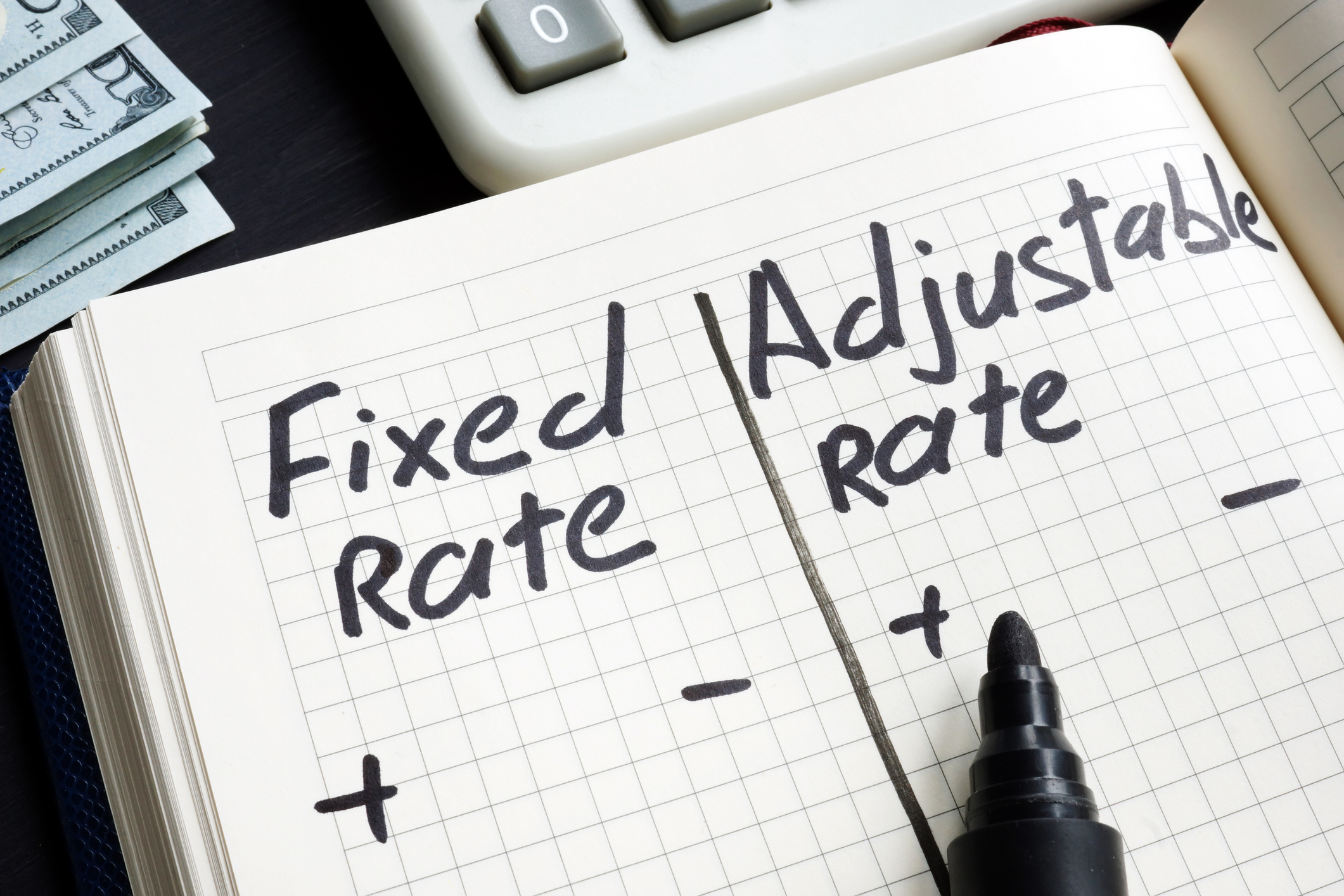
30-year fixed-rate mortgage: Stability with lower monthly payments
The most common mortgage is the 30-year fixed-rate loan.
Pros. Predictability is the big plus. You know exactly how much interest you will pay over the term of the loan. Total monthly payment of principal and interest is fixed, and in the early years, it consists primarily of tax-deductible interest. Your payments will be lower than if you had a mortgage with a shorter term.
Mortgages without prepayment penalties permit you to shorten the term of the loan at will — and lower interest costs — by making periodic payments toward the principal.
Cons. The primary disadvantage is that you'll probably end up with a higher interest rate compared with a loan with a shorter term or an adjustable mortgage. That's the price you pay for long-term stability.
You'll spend more in interest over the life of the loan, and your monthly payments will be stretched out over a longer period of time. Home equity will accumulate at a slower pace.
15-year fixed-rate mortgage: Faster equity build-up and interest savings
Pros. Principal balance is reduced relatively rapidly compared with longer-term loans. The 15-year fixed-rate loan permits you to own your home debt-free in half the time, and for less than half the total interest cost, of a 30-year fixed-rate loan.
It offers some individuals a useful financial planning tool. Interest rates might be lower than those offered on 30-year fixed-rate loans.
Cons. Higher monthly payments make these loans more difficult to qualify for than longer-term mortgages. A 15-year mortgage locks you into making monthly payments roughly 15% to 30% higher than you'd make with a comparable 30-year loan.
There will also be less cash left over for renovating, investing, emergency funds and other expenses.
Biweekly fixed-rate mortgage: Accelerated payoff through extra payments
Pros. The biweekly payment schedule of this kind of loan speeds amortization, reduces total interest costs and shortens the loan term — usually from 30 years to about 24. You make 26 biweekly payments — which amounts to 13 annual payments — instead of 12 monthly payments.
Conversion to a 30-year fixed-rate loan is usually permitted. Payments are deducted automatically from your savings or checking accounts.
Cons. Private companies and lenders usually charge for this service. Registration fees and biweekly debit charges can make this a costly way to shorten the life of a loan and lower interest expense.
The same objectives can be accomplished with a 30-year mortgage by making an extra payment or two each year or by applying an additional sum to principal repayment when you make a monthly payment.
As with other kinds of rapid-payoff mortgages, you trade total interest-cost reductions for reduced tax-shelter benefits.
Bottom line
The term of your mortgage should be influenced by your ability to pay and consider other financial obligations you need to meet. Fortunately, you can always refinance if you want to change the term. A shorter term comes with higher payments, but you will pay significantly less interest over the life of the loan.
If interest rates are low, it could make sense to sign on to a longer term. You might be able to invest and get a higher return that will offset the additional tax-deductible interest you'll pay over the life of the loan.
Compare some of today's top mortgage offers with the tool below, powered by Bankrate:
Related Content
Profit and prosper with the best of Kiplinger's advice on investing, taxes, retirement, personal finance and much more. Delivered daily. Enter your email in the box and click Sign Me Up.

Donna joined Kiplinger as a personal finance writer in 2023. She spent more than a decade as the contributing editor of J.K.Lasser's Your Income Tax Guide and edited state specific legal treatises at ALM Media. She has shared her expertise as a guest on Bloomberg, CNN, Fox, NPR, CNBC and many other media outlets around the nation. She is a graduate of Brooklyn Law School and the University at Buffalo.
-
 Quiz: Do You Know How to Avoid the "Medigap Trap?"
Quiz: Do You Know How to Avoid the "Medigap Trap?"Quiz Test your basic knowledge of the "Medigap Trap" in our quick quiz.
-
 5 Top Tax-Efficient Mutual Funds for Smarter Investing
5 Top Tax-Efficient Mutual Funds for Smarter InvestingMutual funds are many things, but "tax-friendly" usually isn't one of them. These are the exceptions.
-
 AI Sparks Existential Crisis for Software Stocks
AI Sparks Existential Crisis for Software StocksThe Kiplinger Letter Fears that SaaS subscription software could be rendered obsolete by artificial intelligence make investors jittery.
-
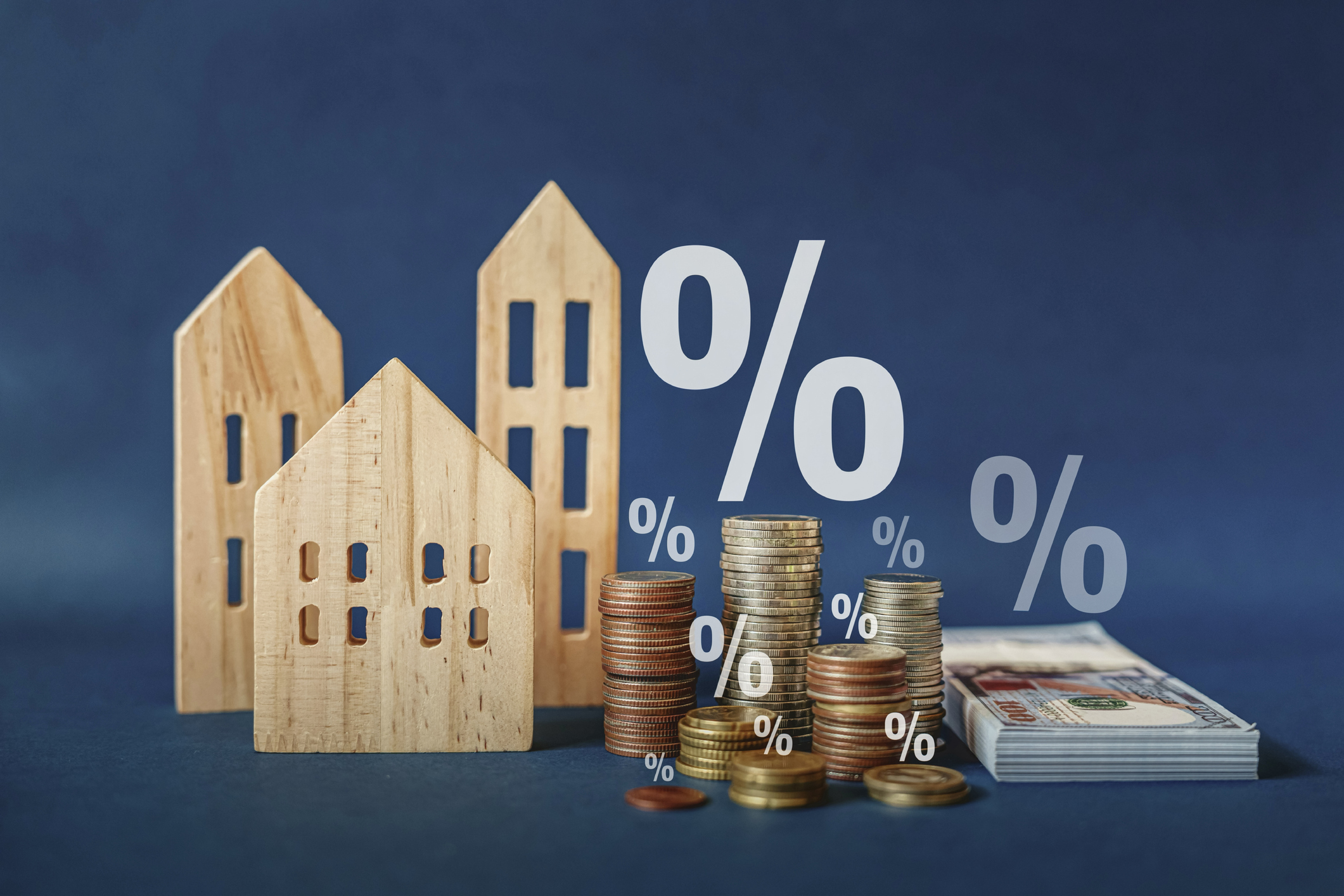 Is the Housing Market's 'Lock-In Effect' Finally Starting to Ease?
Is the Housing Market's 'Lock-In Effect' Finally Starting to Ease?As mortgage rates stabilize and fewer owners hold ultra-low loans, the lock-in effect may be losing its grip.
-
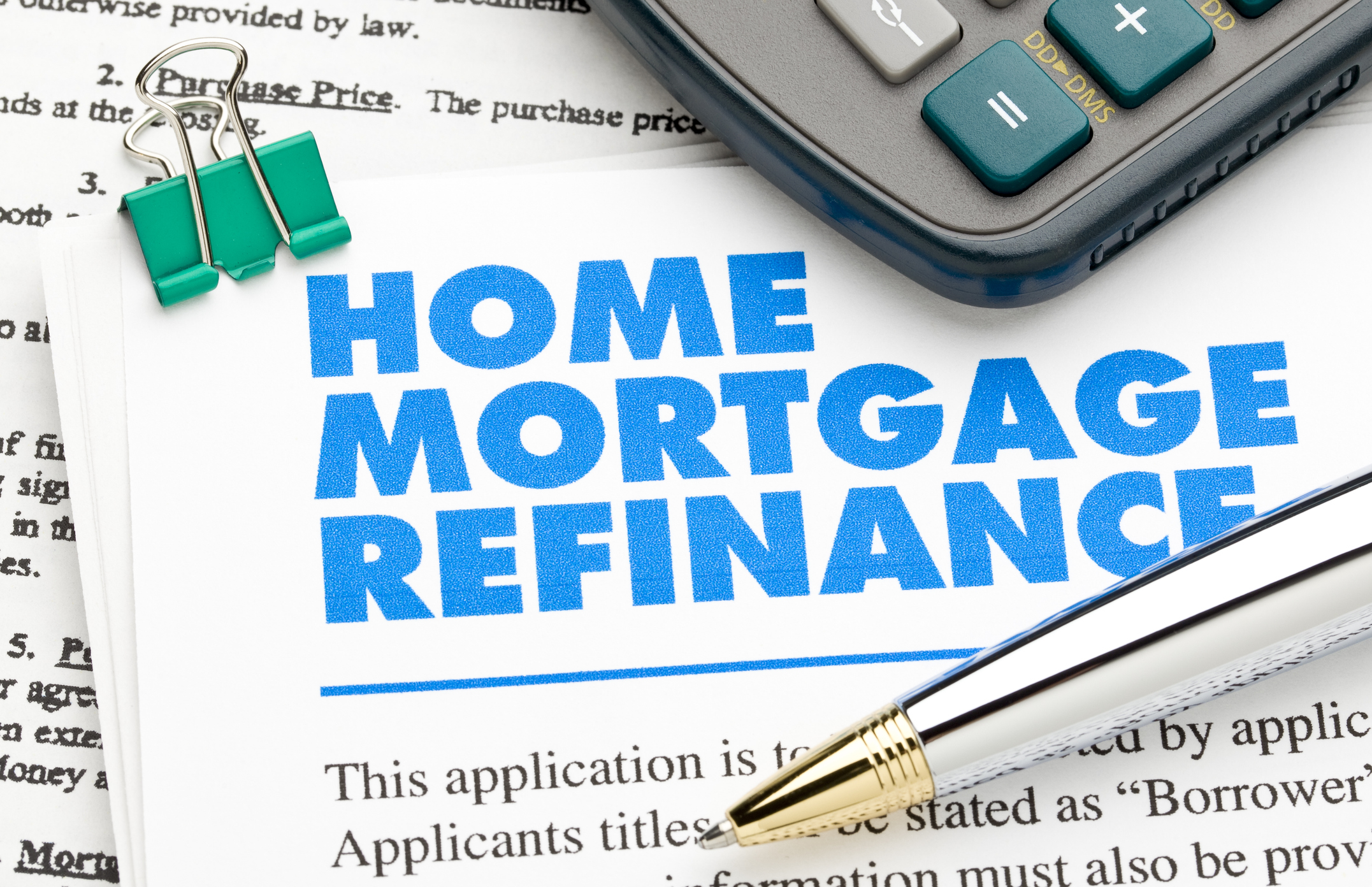 What to Watch for When Refinancing Your Home Mortgage
What to Watch for When Refinancing Your Home MortgageA smart refinance can save you thousands, but only if you know how to avoid costly pitfalls, calculate true savings and choose the right loan for your goals.
-
 Builders Are Offering Big Mortgage Incentives — What Homebuyers Should Watch For
Builders Are Offering Big Mortgage Incentives — What Homebuyers Should Watch ForBuilder credits and below-market mortgage rates can ease affordability pressures, but the savings often come with trade-offs buyers should understand before signing.
-
 Trump Signals Plan to Ban Institutional Investors From Buying Single-Family Homes
Trump Signals Plan to Ban Institutional Investors From Buying Single-Family HomesThe president says the move could improve housing affordability. Here’s what the data show about investor ownership, recent buying trends and what it could mean for homebuyers.
-
 How Much Income You Really Need to Afford a $500,000 Home
How Much Income You Really Need to Afford a $500,000 HomeAs home prices increase, the income needed for a house is also climbing. We break down what you need to earn to afford a $500,000 home.
-
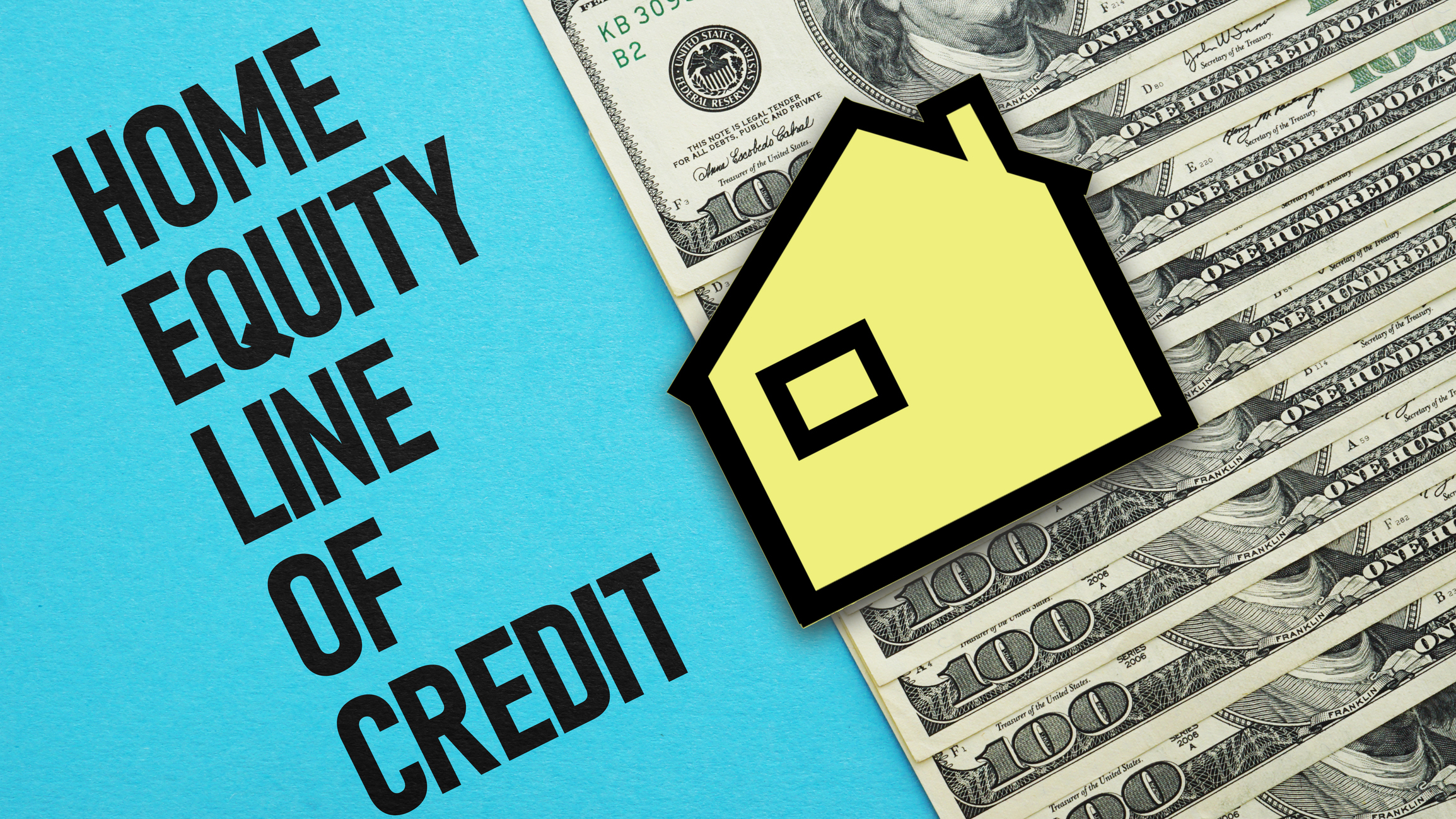 How Much Would a $50,000 HELOC Cost Per Month?
How Much Would a $50,000 HELOC Cost Per Month?Thinking about tapping your home’s equity? Here’s what a $50,000 HELOC might cost you each month based on current rates.
-
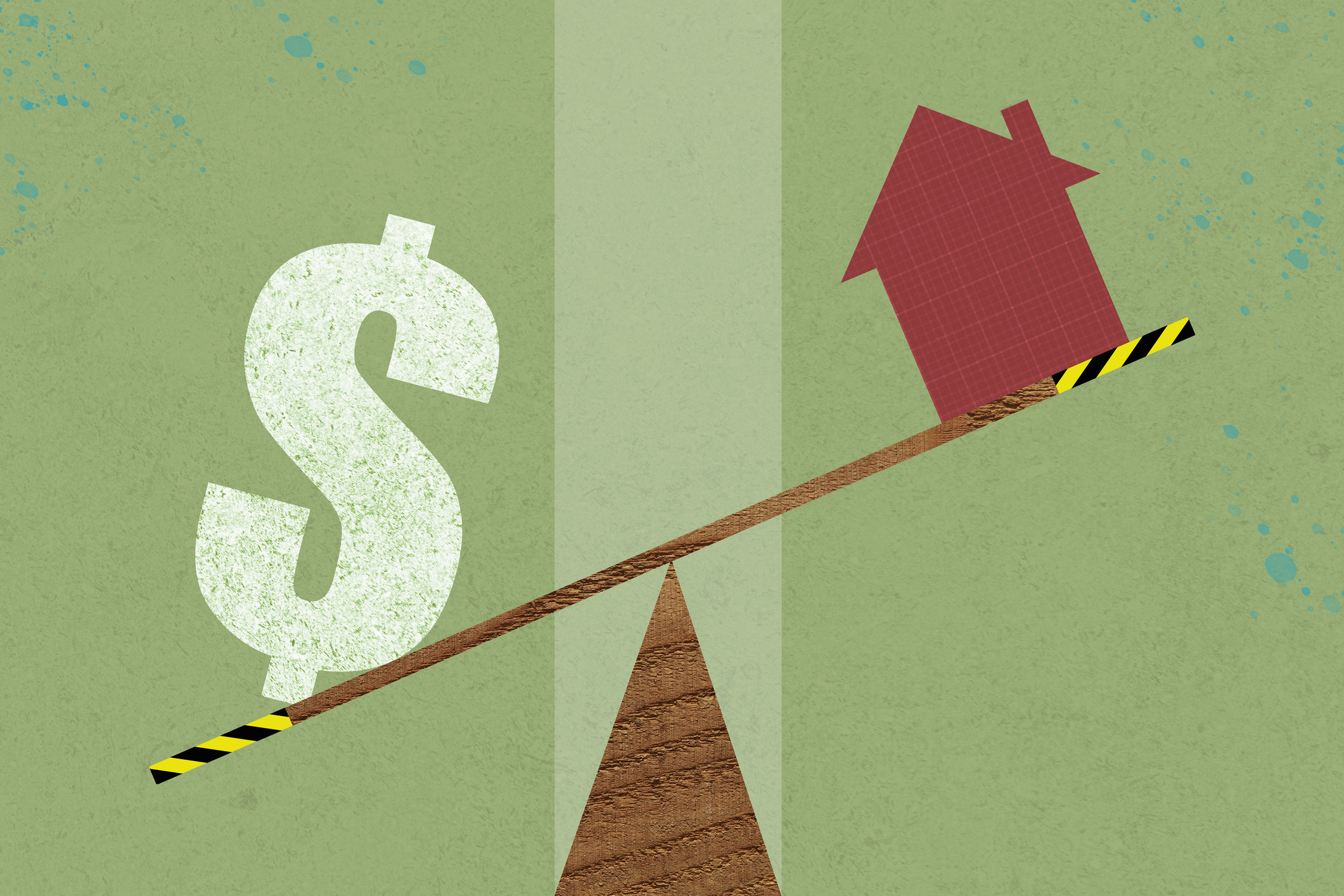 Should You Tap Your Home Equity Before 2026?
Should You Tap Your Home Equity Before 2026?As borrowing rates and tax law shifts converge, here's what homeowners need to know before pulling equity out of their home.
-
 What to Know About Portable Mortgages
What to Know About Portable MortgagesA closer look at how portable mortgages would work, who might benefit and why the concept is gaining attention amid high rates and limited supply.